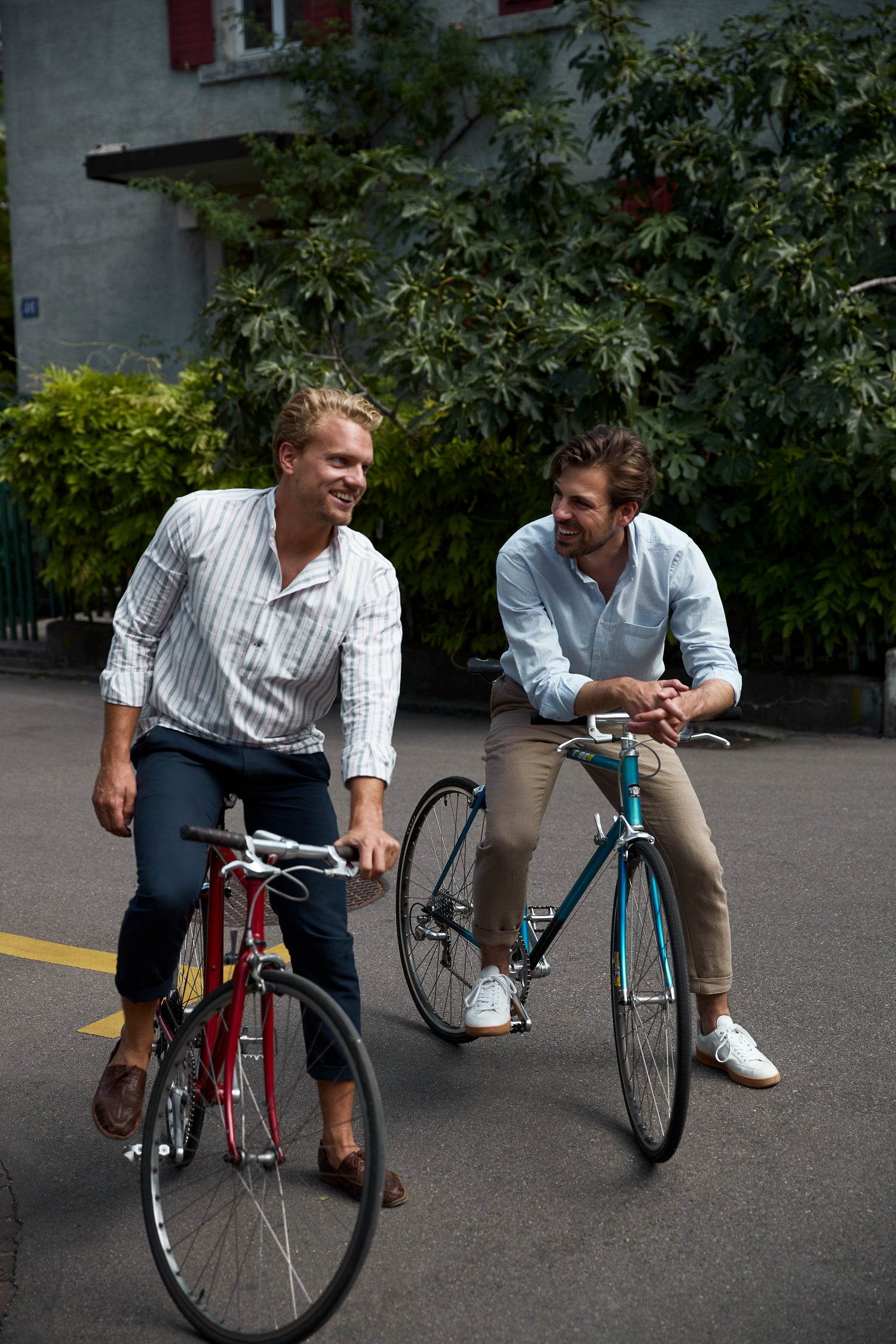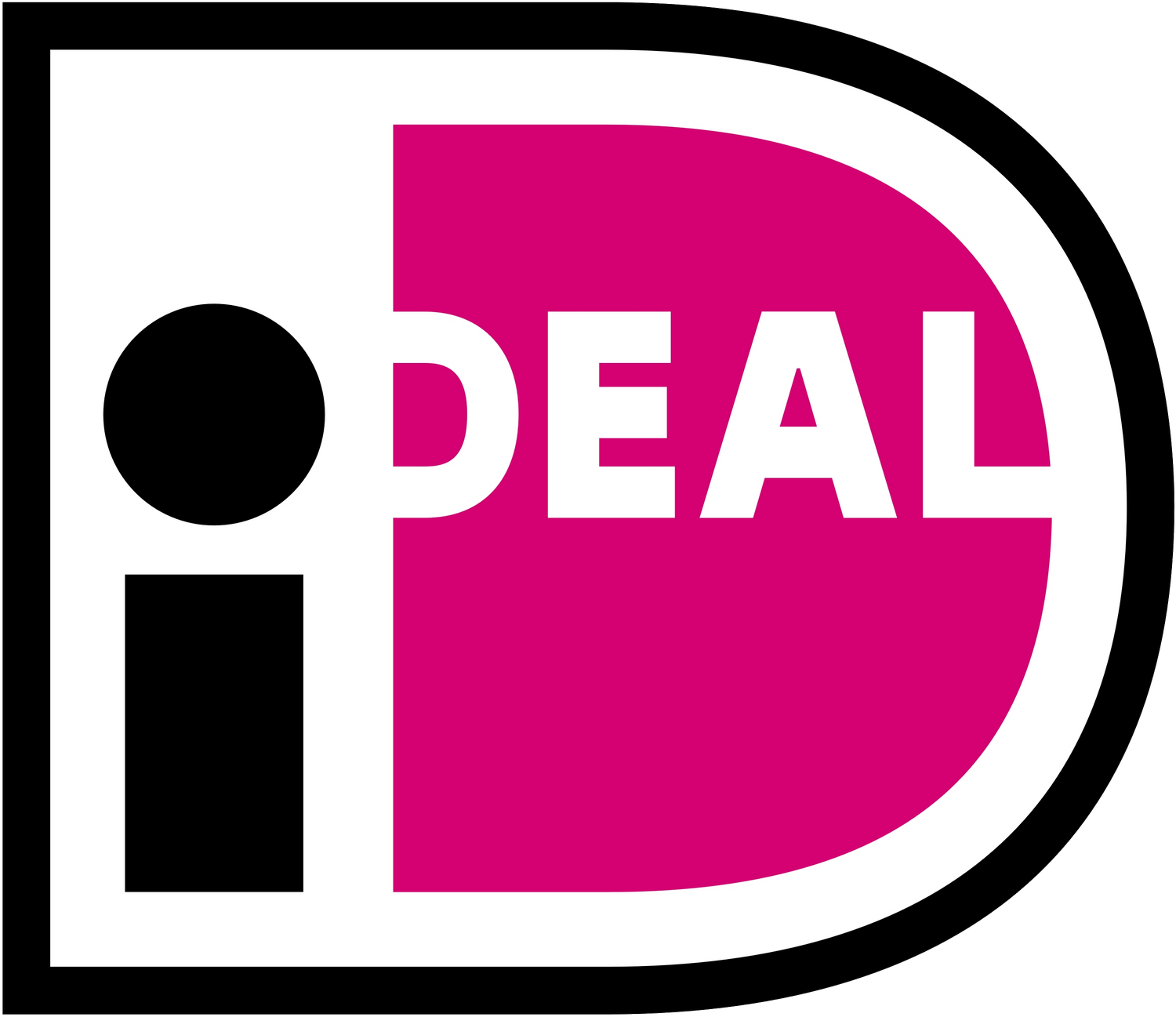CARPASUS
The first CARPASUS collection was launched in 2015 by René Grünenfelder and Michael Zäch in Switzerland. The idea for CARPASUS was born at the end of 2013 during their studies. Rana Plaza collapsed in April in Dhaka, Bangladesh, and buried more than 1’100 textile workers. The devastating working conditions in the textile industry were at that point and have been very present in the media. It made them reflect on how and under what environmental and social conditions our clothing and raw materials are made.
Sensitized to these problems, the CARPASUS team looked for clothes that they could wear with a clear conscience and in which they could feel comfortable. A particular garment combining style, coolness, quality, and sustainability was particularly difficult to find: the shirt.
The shirt is the most dominant piece of clothing for men. It accompanies them day in and day out. The shirt must sit well, be comfortable, easy to iron, durable and it must make us appear confident and stylish.
CARPASUS provides ethical clothes for men and combines sustainability with quality, style and coolness. Brand's mission is to provide you with quality shirts that will make you feel good, accompany you for a long time, and underline your individual style. CARPASUS uses environmentally friendly natural materials from organic farming, which are further processed in Europe. The brand is committed to long-term collaboration with partners who adhere to social standards and pay fairly to their employees. CARPASUS products are durable in quality and timeless in design. Brand shows through a transparent production chain, where and by whom your shirts are made.






